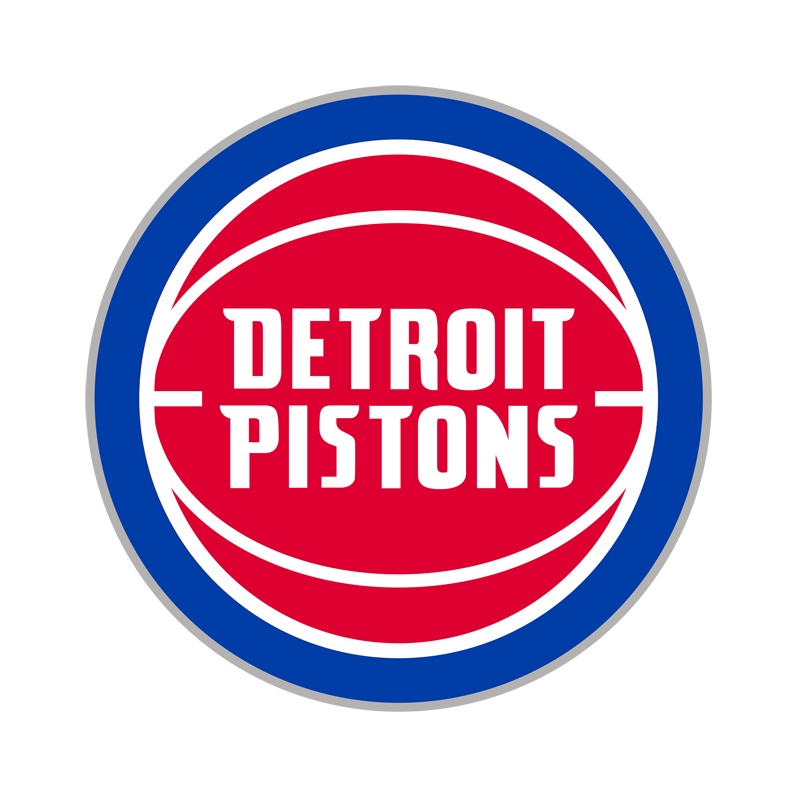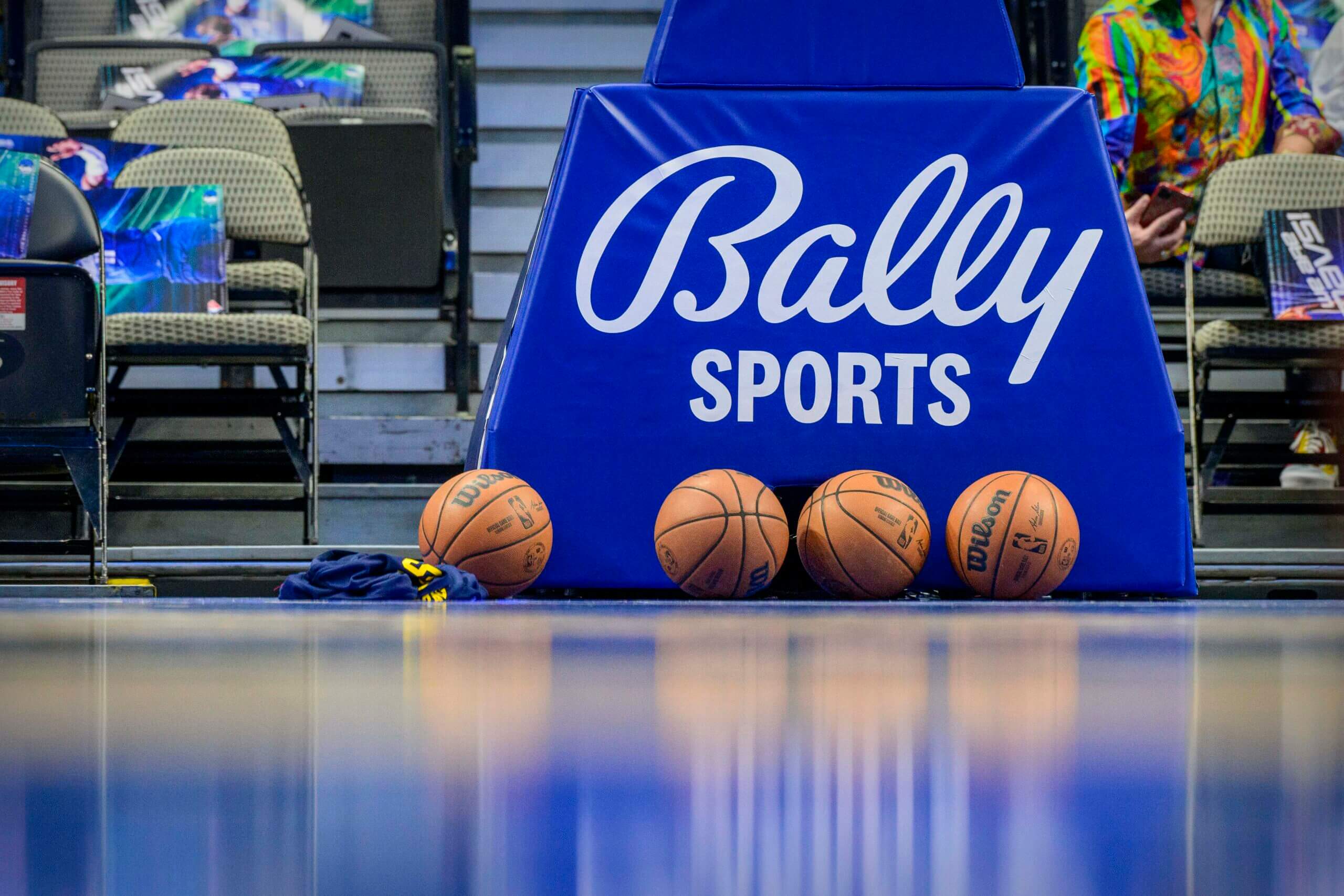The Pistons’ local network partner is Bally Sports, so I thought this was relevant news about the team.
As the NBA approaches a new season, releasing its 2023-24 schedule earlier this month and rolling out the matchups to watch over the next year, a nettlesome issue continues to hover over the league and half of its teams.
Diamond Sports Group, the company that operates 19 Bally Sports regional sports networks across the United States and owns the local television rights for 15 NBA teams, including the Mavericks, Clippers, Cavaliers and Spurs, among others, continues to have its future linger in bankruptcy court. That has caused some uncertainty about how those teams will broadcast their games locally during the upcoming season.
Rick Schnall, the new Charlotte Hornets co-owner, addressed the situation this month as he was introduced as part of the investment group that bought the franchise this summer. Asked where fans could watch the team this season, he struggled for a definitive answer.
“We actually don’t know the answer to that question,” Schnall said. “We’re under contract through the (20)25-26 season with Bally Sports, and we expect them to live up to that contract. They’re obviously in Chapter 11; that’s an ongoing negotiation. The NBA is obviously very concerned and very involved in that. There will be a place to watch the Hornets. We think it will be Bally Sports under the terms of the contract, but if not, we will have alternative plans.”
As of now, there is an expectation that games will air on the Bally Sports regional sports networks when the season begins, and the league has been told that Diamond Sports Group has enough capital to honor its contracts and to get through the upcoming season, according to sources briefed on the matter who were granted anonymity so they could speak freely. But the NBA has also begun working on contingency plans in case there are any issues or that expectation does not pan out once the regular season begins Oct. 24.
In case Diamond Sports Group RSNs cannot fulfill their contracts with teams, the NBA is prepared to take over broadcast production and distribution in those markets. The league would then offer a direct-to-consumer streaming option for fans in those markets, as well as some sort of yet-to-be-determined linear option. That model has already been established in cities such as Phoenix and Salt Lake City, where the Suns and Jazz announced deals this summer to move their teams off a cable RSN — and off a Bally Sports RSN in the Suns’ case — and onto an over-the-air broadcast network, along with a streaming choice. There has already been contact by league or team officials with local stations across the country in Bally Sports RSN markets to lay the groundwork in case things go awry.
There is some precedent already this year for a professional sports league stepping in if Diamond cannot fulfill its obligations. Major League Baseball jumped in to broadcast San Diego Padres games this summer when Diamond ceased broadcasting their games.
The approach between the NBA and Diamond Sports Group does not seem to be as adversarial as it has been with the company and MLB, and the NBA wants to make it through this upcoming season with its RSN contracts, and payments, intact. But nothing is guaranteed. Diamond attempted to stop making its full rights payments to four MLB teams this year, arguing that it had the ability do so because of bankruptcy code, but a federal judge put a halt to that plan. If Diamond believes one of its TV contracts with an NBA team is similarly not part of its future plans or unprofitable, it could try to do the same under the same argument — though the company’s legal wrangling with MLB proved that is no sure bet to succeed.
There is also a key distinction between Diamond Sports Group’s MLB and NBA deals. The company has the digital direct-to-consumer rights for only five of the 14 MLB teams it contracted with, according to bankruptcy filings. It has the streaming rights for all of its NBA teams under contract.
While there is optimism on both sides, there is also a fair share of skepticism.
“It’s a very fluid situation,” an industry source told The Athletic.
Diamond Sports Group has already had a difficult summer elsewhere too. As bankruptcy proceedings continue, it has also sued Sinclair Broadcasting Group, its parent company, in federal court, alleging that Sinclair improperly siphoned out as much as $1.5 billion dollars from Diamond’s RSN business and charged exceptionally high management fees after acquiring Diamond in 2019. As part of its response to that lawsuit, Sinclair said in a court filing that it believes that Diamond Sports Group’s emergence from bankruptcy “is nowhere in sight.” In a statement, a Diamond Sports Group spokesperson said that the company is “confident in our legal position” and that Sinclair’s court motion has no effect on its operations.


